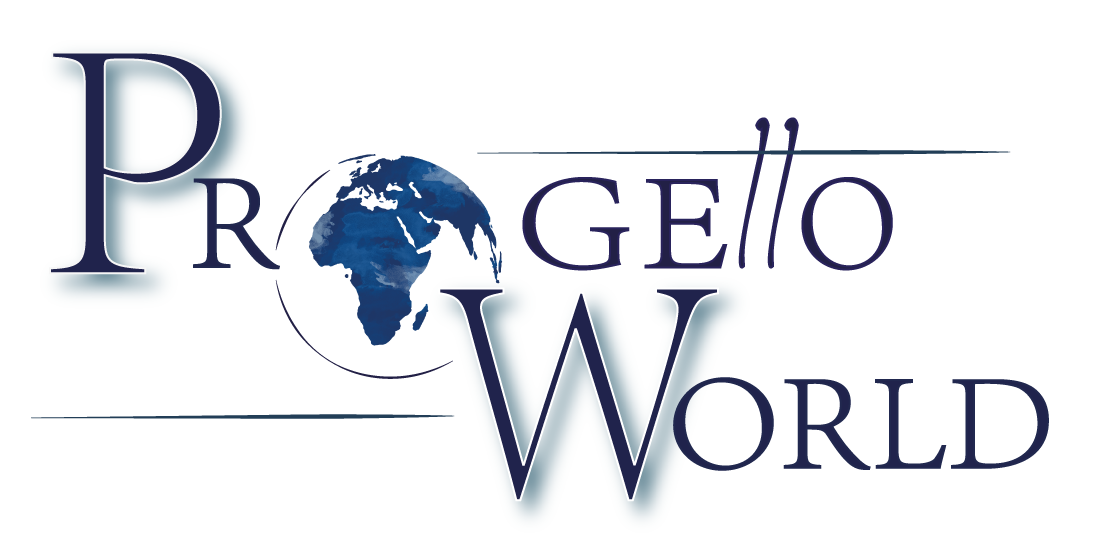CISVAM, thanks to the Know-How of the associated SINAPSI srl, starts promoting SMART CITIES projects in developing and non-developing countries, through sub-holding companies that will take advantage of the funding organized by World Area Finance Dpt., with the awareness that today the technologies necessary for the realization of a SMART CITIES exist and are mature.
The CISVAM, therefore, will propose the design and construction of new cities, applying these technologies without any obstacles whatsoever, with the involvement the innovative know-how of its members and the companies that make up the structure of the Profit Area, such as WA-FINANCE, WA-RE, WA-MEDIA, WA-ENGINEERING and WA-ECOBOAT for the connections of maritime, river and lake towns with floating ecoporti, sustainable and innovative vessels and smart waterfront. Therefore, with the financial support for the development and implementation of these new realities, CISVAM really makes an evolution
economic-social status of any country.
A SMART CITY is an “intelligent” city, where available resources are administered in an optimized manner in order to guarantee urban development in many sectors.
Defining a SMART CITY is not a simple one, it is a definition that encompasses a much deeper meaning: for SMART CITY because it does not mean only a “hi-tech” city, but a reality in which they are managed wisely and intelligently :
· Energy resources,
· Environmental resources
· Economic resources.
All carefully managed resources produce:
· Harmonic urban development
· Harmonic social development
· Development of quality of life
· Growth in the number and quality of services to the citizen
In short, they guarantee a better quality of life in terms of comfort and well-being.
A SMART CITY can be defined as such, therefore, if there is the organic development of economic, infrastructural, environmental, social and technological factors.
What are the key points of a SMART CITY?
Firstly, we talk about the environment and the management of green areas: an intelligent city must favor the use of sustainable energy sources and the consequent decrease in the use of pollutants. Here also comes the construction industry with the design of green buildings with low environmental impact, able to exploit renewable resources for the production of electricity and heat.
Infrastructures are another salient point for the definition of a SMART CITY: connectivity is fundamental for an intelligent city and for its economic development.
A city to define itself SMART can only be in step with technology.
The development of smart digital telecommunications sees the availability of platforms and applications for monitoring mobility, energy consumption and in general for the optimization of city life.
Mobility is “revisited” in a green key: intelligent public car parks located outside the city and well connected to the urban hub, for example, allow a significant reduction in urban pollution.
But the commitment does not end here: car sharing is an efficient economic practice with low environmental impact, perfect for optimizing city mobility avoiding waste and pollution.
The following are examples of some application services that can be implemented within a SMART CITY.
Application examples:
· Telemedicine and telecare
· Interconnected management of electricity, water and gas networks
· Land security
· Geolocation and customization of push notification: new forms of security and new services
· Mobile and Internet of Things: the smartphone as a hub for people-to-people and people-to-things information
· Wi-Fi Analytics as a basis for behavior analysis
· Management of Mobile payment as a service and as a source of data
Examples in the world
SMART CITY: Stockholm, the world capital of Green It
STOCKHOLM WORLD CAPITAL OF GREEN IT ICT Information and Communication Technology
http://international.stockholm.se/city-development/the-smart-city/
SMART CITY: the example of BARCELONA
It is one of the most stimulating cities on the European scene: we are talking about Barcelona, the splendid Spanish capital. The capital has become one of the most “intelligent” urban centers in Europe, fully re-entering the SMART CITY to be mentioned.
Starting from the presence of Apps4bcn, a portal where citizens can download useful applications for life in the city so as to be always informed about mobility and traffic.
City mobility has made a significant step forward thanks to technology: the presence of LEDs for street lighting is essential in order to reduce energy consumption, as well as the
Google Traduttore per le aziende:Translator ToolkitTraduttore di siti web

